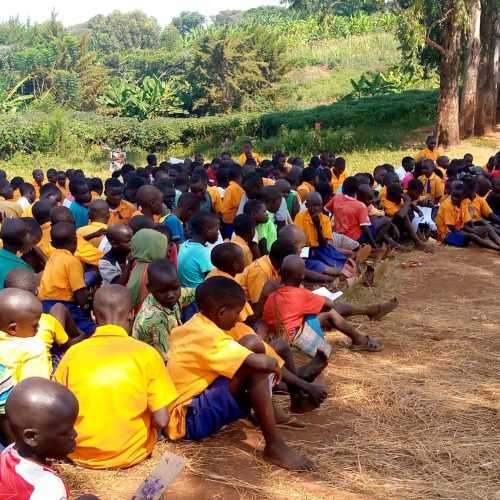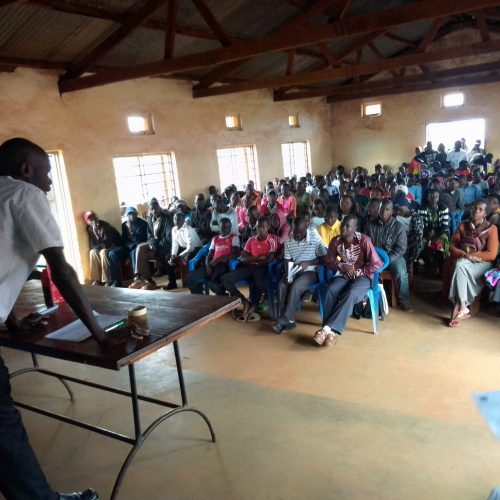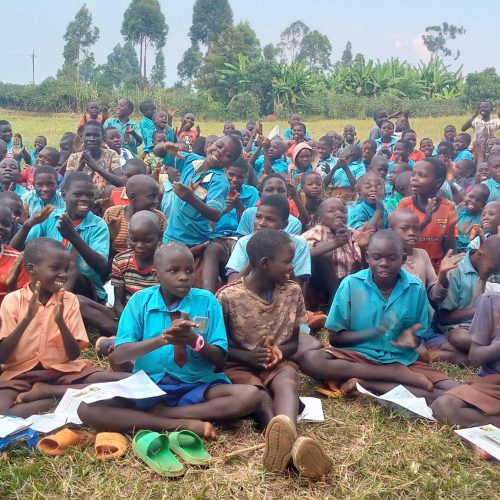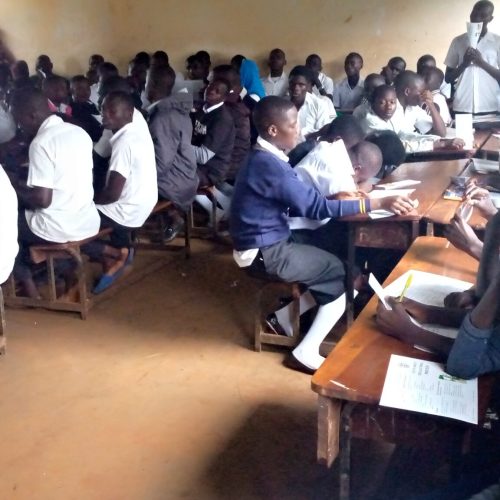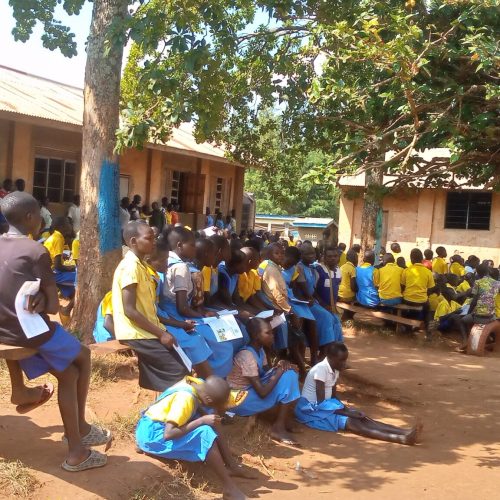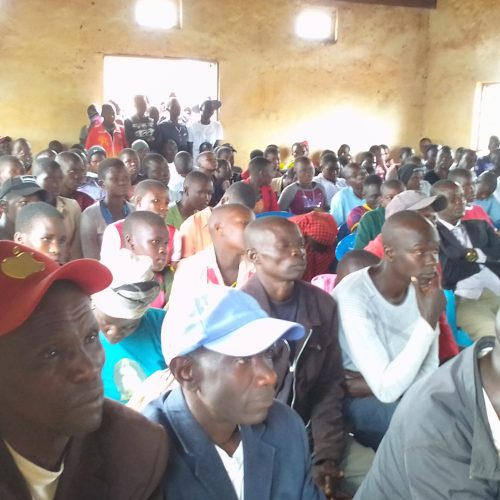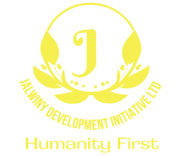Championing Child Safety
and Development
Uganda is characterized by one of the youngest populations globally, with children under 18 years constituting approximately 55% of the population according to the 2014 Census, projected to decrease slightly to 53% in 2020 (Uganda Bureau of Statistics [UBOS], 2014). This demographic presents unique challenges related to child protection, education, health, and overall well-being.
Social/Psycho Condition of the Ugandan Child - National and Northern Uganda Focus
Child protection issues are widespread in Uganda, with many children facing abuse, neglect, exploitation, and violence. According to a study by the United Nations Children’s Fund (UNICEF), these challenges are exacerbated by factors such as poverty, inadequate access to education, and limited healthcare services (UNICEF, 2021). Additionally, barriers to learning—such as food insecurity, poor nutrition, and insufficient water, sanitation, and hygiene (WASH) facilities—are critical issues that require urgent advocacy and intervention (World Bank, 2022).
In Northern Uganda, historical factors such as conflict and displacement have had lasting impacts on child welfare. Research indicates that children in these regions often experience trauma and stress, affecting their psychological and social conditions (International Rescue Committee, 2019). Therefore, addressing these multi-faceted issues is essential to improve the quality of life for Ugandan children.
JDI Work in Zombo District Communities
The Jalwiny Development Initiative (JDI) is committed to addressing the pressing issues faced by children in Zombo District. This includes a focus on reducing violence against women and children through reinforced local council judicial systems designed to uphold laws and ensure community safety. In its strategic plan, JDI aims to enhance child rights interventions, including case management for child neglect, community mobilization, and education concerning children’s rights and responsibilities.
Moreover, at JDI we emphasize psychosocial support through guidance and counseling, as well as offering support to orphans and vulnerable children (OVC) by providing essential nutrition and educational materials. These efforts align with the Sustainable Development Goals (SDGs), particularly SDG 1 (No Poverty), SDG 4 (Quality Education), SDG 5 (Gender Equality), and SDG 16 (Peace, Justice, and Strong Institutions), by contributing to national and district priorities aimed at fostering a more just and equitable society (United Nations, 2015).
References
- Jalwiny Development Intiative (JDI) Strategic Plan
- Jalwiny Development Inititative (JDI) program documents
- Uganda Bureau of Statistics (UBOS). (2014). National Population and Housing Census 2014.
- UNICEF. (2021). State of the World’s Children.
- World Bank. (2022). Uganda – Country Overview.
- International Rescue Committee. (2019). The Impact of Conflict on Children in Northern Uganda.
- United Nations. (2015). Transforming our World: The 2030 Agenda for Sustainable Development.
Our Community Health Promotion Programs in Zombo District
In addition to the initiatives led by JDI, various health promotion programs are actively implemented in communities like those in Zombo District. These programs focus on improving children’s health outcomes and addressing specific health challenges faced by the local population.
De-Worming Exercises: We conduct regular de-worming campaigns organized in schools and communities to combat intestinal worm infections, which can hinder children’s growth and education. With these initiatives, supported by health agencies, we aim to improve children’s overall health and school attendance.
Menstrual Hygiene Management: We organize, conduct and faciitiate activities focused on menstrual period support for girls include distribution of sanitary pads and education on menstrual hygiene. These initiatives help to ensure that girls remain in school during their menstrual cycles, reducing stigma and promoting gender equality.
Nutrition and Health Education: Many of our community workshops are conducted to educate parents about proper nutrition for children and the importance of vaccination. By addressing malnutrition and promoting health knowledge, we work and aim to improve child health and development.
Child Health Days: Our regular health days are organized in collaboration with local health authorities to provide essential health services, including vaccinations, growth monitoring, and health education. Our aim is to bring healthcare services closer to communities and encourage families to prioritize their children’s health.
Our activities, including those we high light here, are part of broader community health promotion efforts. We work towards enhancing the health and well-being of children in Zombo District, ultimately contributing to improved educational outcomes, and overall Zombo district communities’ resilience. Will you join and/or support us?
